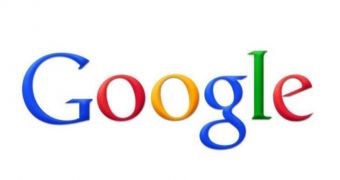The ink is barely dry on the deal between Google and Lenovo over Motorola Mobility and many are already pointing the finger at the Internet giant, laughing at how much money it must have lost by selling so low.
But that’s far from the truth. Sure, Google bought Motorola Mobility some years ago for $12.5 billion (€9.15 billion) and sold it for $2.91 billion (€2.13 billion), but the company has a lot of benefits – it gets to keep the trove of patents belonging to Motorola, which can be used to protect Android.
Furthermore, the acquisition price wasn’t really $12.5 billion (€9.15 billion) to begin with. When it bought the company, Motorola still had a safe full of cash, some $3.2 billion (€2.34 billion), actually. Moreover, it also had $2.4 billion (€1.75 billion) in deferred tax assets, which counts for a net acquisition of $6.9 billion (€5.05 billion), Forbes reports.
Later on, Google sold the company’s set-top box business for $2.3 billion (€1.68 billion) and its factories for another $75 million (€54.9 million).
Overall, this means that Google’s acquisition costs are down to $3.85 billion (€2.81 billion). The trove of patents that belongs to Motorola Mobility and which will now remain in Google’s ownership has an estimated worth of $5.5 billion (€4.02 billion).
It may not have been the best acquisition made by Google in its many years, but it didn’t lose as much money as originally thought.
According to the agreement, Lenovo will pay Google $1.41 billion (€1.03 billion) at close, comprised of cash and Lenovo ordinary shares, while the rest of $1.5 billion (€1.09 billion) will be paid in a three-year promissory note.
The company will also receive a license to Motorola’s patents portfolio and other intellectual property.
Even though Google is the one that will hold most of the patents, it’s unlikely that it’ll start suing people left and right. After all, it could have done this in the past three years since the purchase, but it hasn’t.

 14 DAY TRIAL //
14 DAY TRIAL //